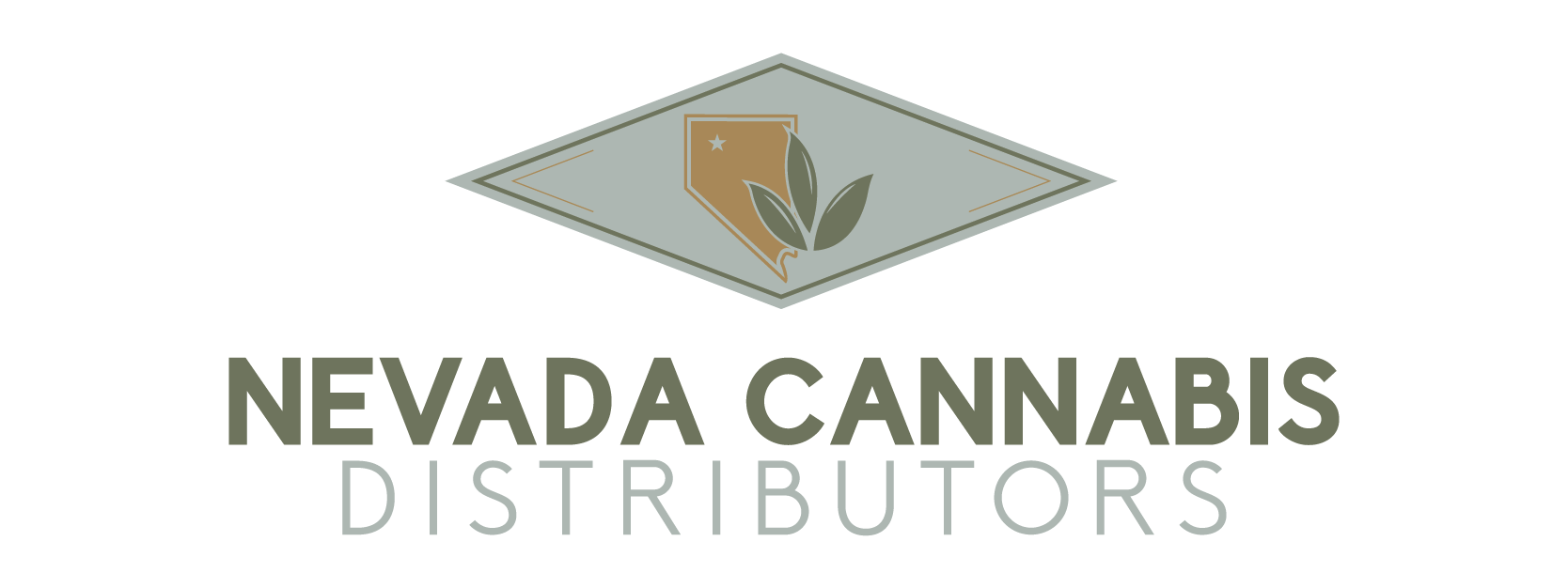Nevada’s legal cannabis industry continues to evolve in the face of a persistent black market, which remains a significant competitor. Recent studies and official data suggest that illegal cannabis sales in the state generate $242 million to $370 million annually, representing roughly a quarter to a third of the state’s total cannabis market. This illicit activity undermines legal distributors, erodes tax revenue, and poses public health and safety risks.
The Scale and Stakes of the Illegal Market
Despite legalization in 2017, Nevada’s illicit cannabis market remains entrenched, especially in areas where legal stores can’t operate—like within 1,500 feet of casinos along the Las Vegas Strip. These regions are dominated entirely by illegal sellers, often catering to tourists. Additionally, some unlicensed “delivery” services operate clandestinely online, impersonating legal businesses. This not only deprives legal operators of customers, but also heightens the risk to consumers who rely on untested, potentially dangerous products.
Challenges for Legal Distributors
Legal cannabis businesses face a multi-faceted struggle. First, high certification and tax burdens—10% excise tax plus ~8% sales tax, and 15% wholesale tax—make it difficult to match the lower prices of black‑market sellers. Second, compliance costs—ranging from Metrc tracking and lab testing to licensing fees—raise overhead and force legal businesses to price higher than illicit competitors.
The result? Las Vegas-area licensed dispensaries recorded $829 million in legal sales for the year ending June 2024, down from a peak of over $1 billion in 2021. Industry stakeholders attribute much of this decline to unfair competition from the black market, which evades regulatory costs and undercuts pricing.
Strategies Deployed by Distributors
To stay competitive, legal distributors are adopting several proactive strategies:
- Lowering prices: Regulatory data shows that legal market prices continue to decline—helping narrow the gap with black‑market pricing.
- Enhancing consumer trust: Licensed businesses emphasize product safety through rigorous lab testing, quality control, and proper labeling—features absent in illicit products. Academic research confirms that consumers prioritize safety and quality, often tipping the balance in favor of licensed sellers.
- Expanding accessibility: Dispensary density and regulated delivery services are being increased to compete with rogue operators, aligning with evidence that improved accessibility shifts consumer preferences toward legal channels.
Regulatory and Enforcement Efforts
The Nevada Cannabis Compliance Board (CCB) is stepping up enforcement, deploying POST‑certified agents and mobile testing labs to identify illegal product entering the legal supply chain. In 2024, mobile labs uncovered synthetic cannabinoids in unlicensed products, leading to product seizures and arrests.
Legislation like Senate Bill 328 (2023) empowers the CCB to impose civil penalties, seize illicit product, and issue cease‑and‑desist orders without relying solely on criminal prosecution. Furthermore, Assembly Bill 203 (2025) seeks to strengthen enforcement on the Las Vegas Strip by authorizing Department of Public Safety officers to dismantle tourist‑targeted criminal networks.
Impact and Outlook
These combined efforts aim to shift consumer behavior from the black market to licensed retailers by making legal cannabis more affordable, accessible, and safer. Studies suggest that improving these factors can reduce illegal market share by 4–9%, a significant shift in market dynamics. Legal distributors, working alongside regulators, believe such policies can gradually erode the illicit market’s dominance and recover lost tax revenue.
